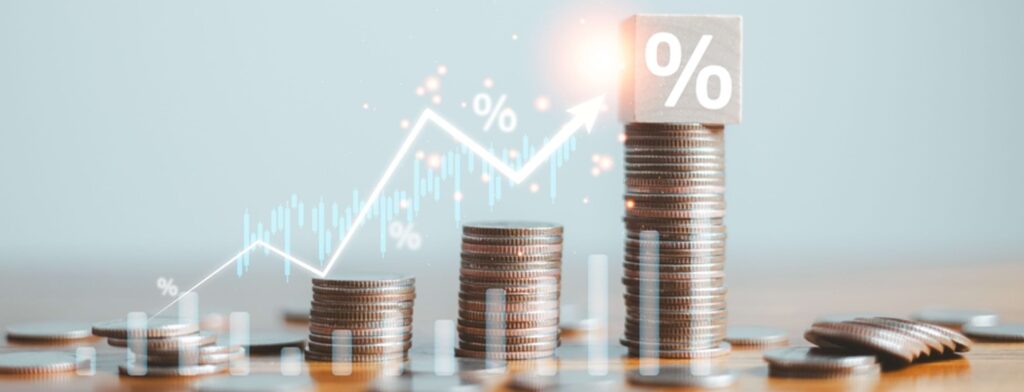Unlocking Stranded Gas: Why the Gulf of Guinea Gas Pipeline Matters for Nigeria’s Energy Future

Dear Readers, Nigeria, with over 210 trillion cubic feet of proven natural gas reserves, the largest in Africa and the eighth largest globally, still struggles to fully harness this wealth, as inadequate pipeline infrastructure leaves much of the gas stranded. Against this backdrop, the recent Joint Communiqué signed in June between Nigeria and Equatorial Guinea […]
Dirty Money, Clean Hands: Navigating AML/CFT Regulations for Nigerian Lawyers

INTRODUCTION The plague and scourge of illicit financial transactions have, over time, caused significant damage to the world at various points in history. Particularly concerning are financial and drug crimes, terrorist activities, and the proliferation of weapons of mass destruction. The nature of this issue is such that the global community has agreed that measures […]
Corporate Governance Code for the NESI: Implications for Power Sector Licensees

INTRODUCTION Pursuant to Sections 34 and 226(1) of the Electricity Act 2023 (the “Act”), the Nigerian Electricity Regulatory Commission (“NERC”) published the Code of Corporate Governance for the Nigerian Electricity Supply Industry (the “Code”) on May 30, 2025. The aim of the Code is to promote accountability and transparency of Licensees within the Nigerian Electricity […]
Policy Brief: Nigerian Insurance Industry Reform Act, 2025 (NIIRA 2025)

INTRODUCTION On 5 August 2025, the President of Nigeria signed into law the Nigerian Insurance Industry Reform Act, 2025 (NIIRA 2025). This landmark legislation repeals the Insurance Act, 2003, and consolidates related provisions, ushering in a modern regulatory framework designed to strengthen financial resilience, improve market conduct, enhance governance, and protect policyholders. It aligns Nigeria’s […]
Key Achievements and Challenges of the Nigerian Extractive Industries Transparency Initiative (NEITI)

INTRODUCTION Nigeria ranks as the 15th largest oil producer globally and the leading producer on the African continent. It also holds the largest proven natural gas reserves in Africa. The oil and gas sector constitutes the backbone of the Nigerian economy, reportedly accounting for approximately 65% of government revenue and over 85% of total export […]
The Hidden Threat to Sustainability: Corporate Abuse of Office

INTRODUCTION In the pursuit of sustainability, businesses often focus on balancing profit with environmental protection and social responsibility. However, one of the damaging impacts against these goals is corporate abuse of office, the misuse of power by those in positions of authority for personal or corporate gain at the expense of stakeholders. From inflated contracts […]
Nigeria’s Decade of Gas: NLNG’s Long-Term Gas Supply Agreements Signal a Turning Point

Dear Readers, In a decisive step forward for Nigeria’s gas industry, the Nigeria LNG Limited (NLNG) has entered into a series of landmark long-term Gas Supply Agreements (GSAs), with extension options, with six (6) third-party suppliers. Under the agreements, up to 1,290 mmscf/d (13.3 bcm/yr) of feed gas will be supplied to its Bonny Plant, […]
Forbearance with Strings: Lessons from the CBN’s 2025 Conditional Relief to Banks

Introduction When the Central Bank of Nigeria (CBN) released its June 13, 2025 circular—“Temporary Suspension of Dividend Payments, Bonuses and Investment in Foreign Subsidiaries”—it was not the first time Nigerian banks had seen forbearance linked to strict conditions. But the circular’s lasting impact has become clearer over the months since its release, particularly following the […]
Tax Reform 2025: How the current tax administration Reshapes Compliance, Enforcement, and Business Strategy

INTRODUCTION Amongst Nigeria’s tax reform acts are three major administration laws: the Nigeria Tax Administrative Act (NTAA), the Nigeria Revenue Service (Establishment) Act 2025 (NRSA or NRS Act), and the Joint Revenue Board (Establishment) Act (JRB Act). These laws replace older frameworks and establish a more unified, coordinated, and compliance-driven tax structure across federal, state, […]
Frequently Asked Questions on Nigeria’s New Tax Regime: Key Provisions and Innovations Under the 2025 Tax Reform Acts

INTRODUCTION The art of taxation, as Jean-Baptiste Colbert once remarked, consists in so plucking the goose to obtain the largest amount of feathers with the least possible amount of hissing. This timeless observation by Jean-Baptiste Colbert reminds us that effective tax policy must balance revenue generation with minimizing public resistance. We believe that this principle […]

